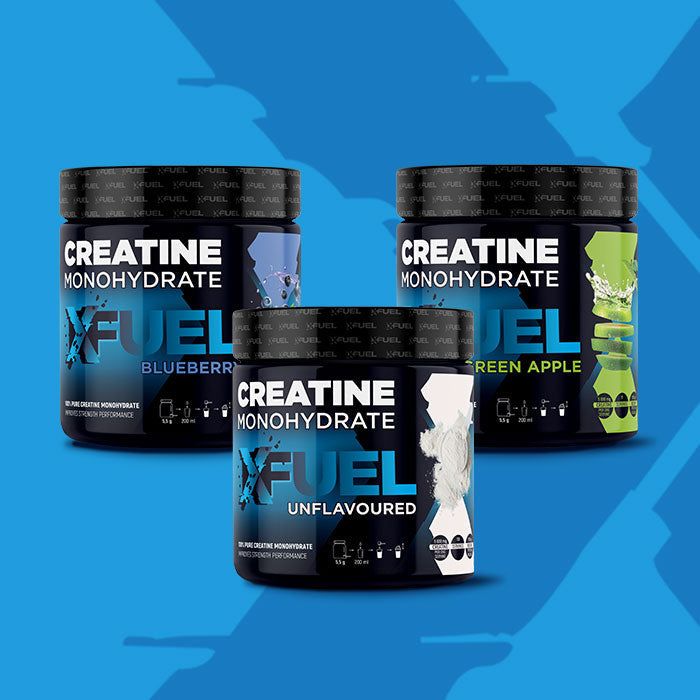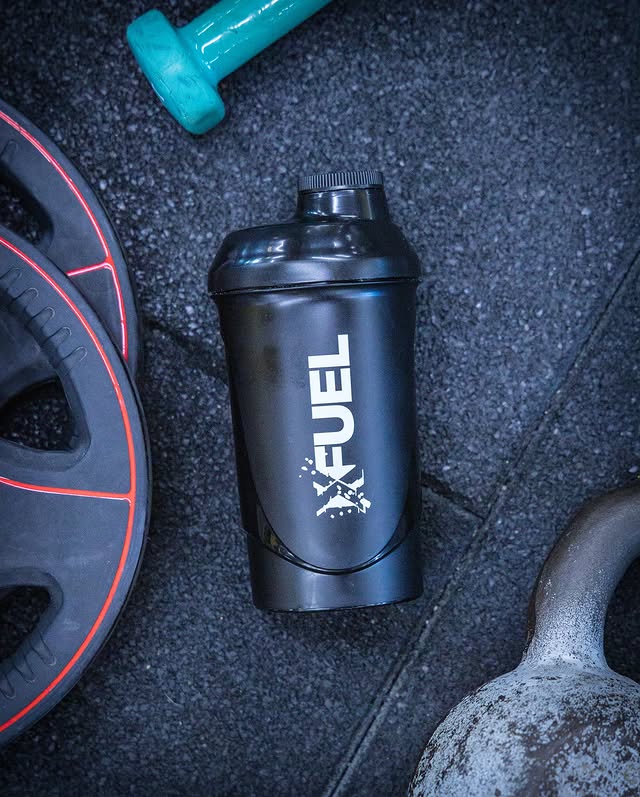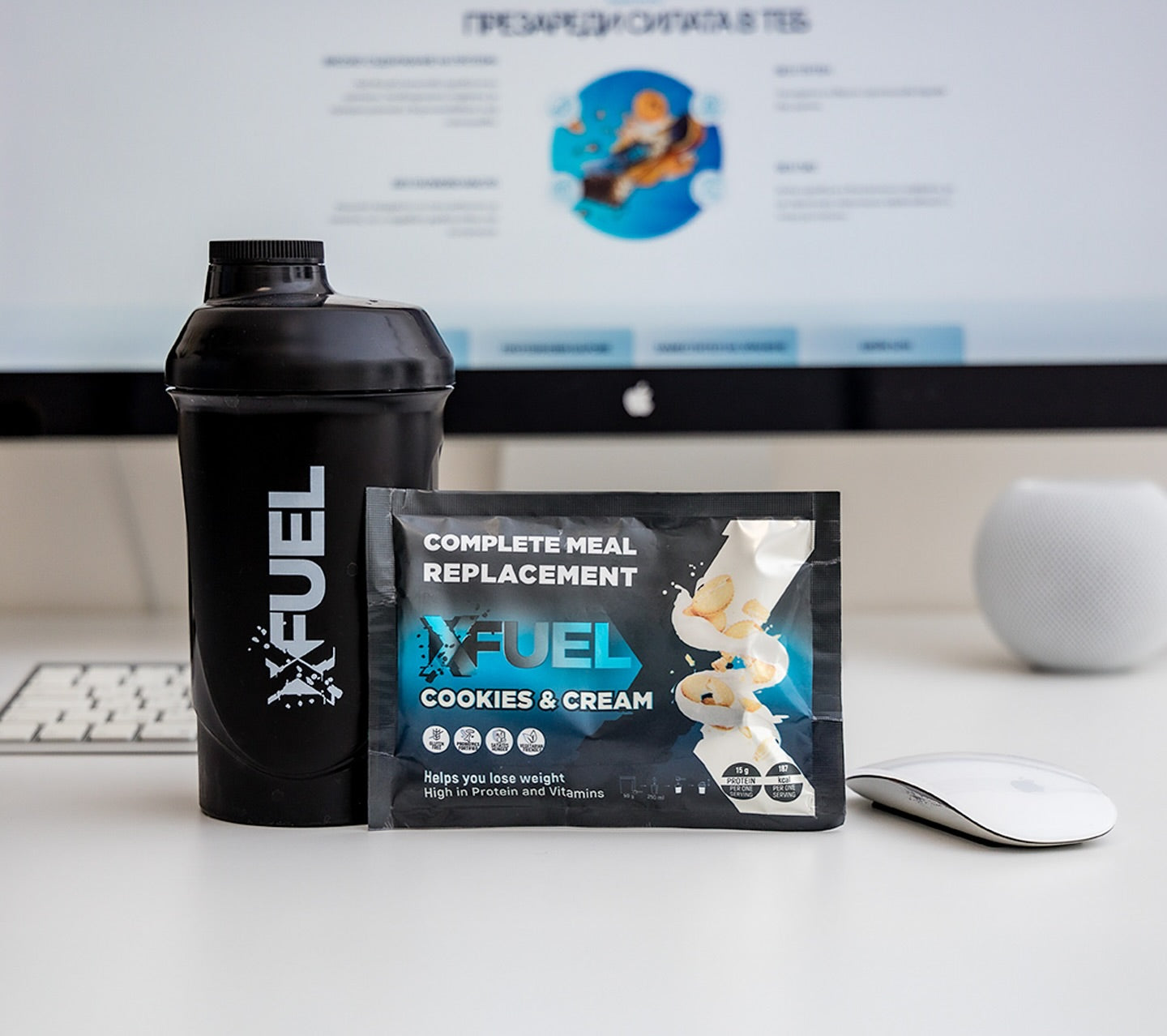Creatine is one of the most researched nutritional supplements in the world and is recognized by both professional athletes and active people for its effectiveness. In addition to increasing athletic endurance and muscle growth, it also has a number of other health benefits.
What is creatine?
Creatine is a compound that is naturally produced in the body and aids in the synthesis of ATP, the main source of energy for cells. Taking creatine as a supplement increases the levels of phosphocreatine in the muscles, which provides faster and more efficient energy recovery during physical activity.
Main benefits of creatine
Stimulates muscle growth
Creatine helps build lean muscle mass by increasing both the water content in the muscles and the production of new muscle fibers.
Reduces muscle fatigue
Regular intake of creatine leads to better endurance during intense workouts and faster recovery after them.
Increases energy levels
Additional phosphocreatine stores maintain high ATP levels, which translates into greater strength, endurance, and explosiveness during training.
Supports brain function
Creatine has a beneficial effect on memory, concentration, and brain energy, especially in people with lower dietary intake of creatine, such as vegetarians.
Potential benefits for overall health
Studies show promising results for conditions such as insulin resistance, neurodegenerative diseases, and fatigue, but more human research is needed.
How is creatine taken?
Creatine is recognized as a safe dietary supplement for long-term use. Clinical studies lasting up to five years have shown no side effects in healthy people. It is suitable for both men and women, regardless of training level.
Recommended intake: 1 dose of 5 grams per day, dissolved in water. Best taken after training or at any time of the day on non-training days.






















